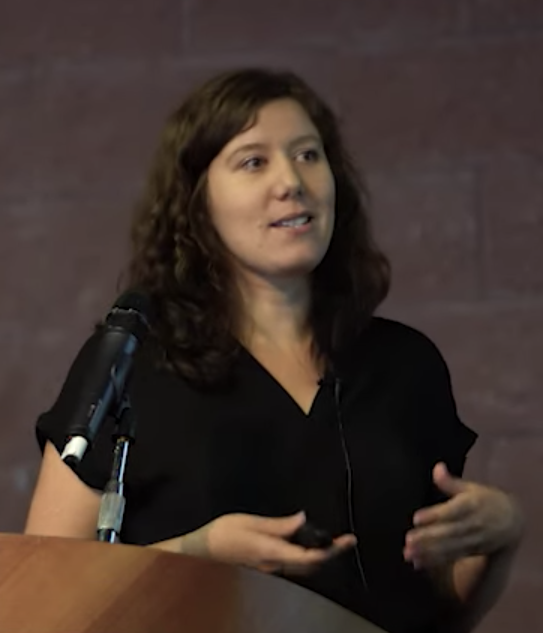As a contributor to the field of consciousness science and its literature, I have found myself increasingly frustrated by the lack of a proper medium to publish short commentaries and corrections in reply to recent articles. Often, what needs to be said doesn't warrant the time and effort of submitting an article-length reply to an official journal, but also exceeds what can efficiently be transmitted by a tweet. Personal communication, in my experience, has been the most effective and collegial way to address this issue so far.
Recently, however, public debates about the nature of consciousness and the theories attempting to address it have become more frequent, dynamic, and heated. In particular the Integrated Information Theory (IIT) of consciousness gets a lot of flak in these discussions, as it is unique in its approach— starting from the essential properties of phenomenology itself— and it actually comes with a detailed mathematical formalism. As a long-term contributor to IIT and its formal framework, it is my impression that often clarifications of minor (and major) misunderstandings could go a long way to keep the discussion constructive and productive.
This blog is my attempt to contribute to the ongoing conversation about consciousness and its theories by providing a platform for constructive criticism and debate, as well as a repository of clarifications regarding IIT and its take on consciousness in particular.
Disclaimer: These are my starting points: Consciousness is subjective experience, or phenomenology (terms will be used equivalently) — not a function performed by the brain. Consciousness is real — doubting its existence doesn't make sense.
